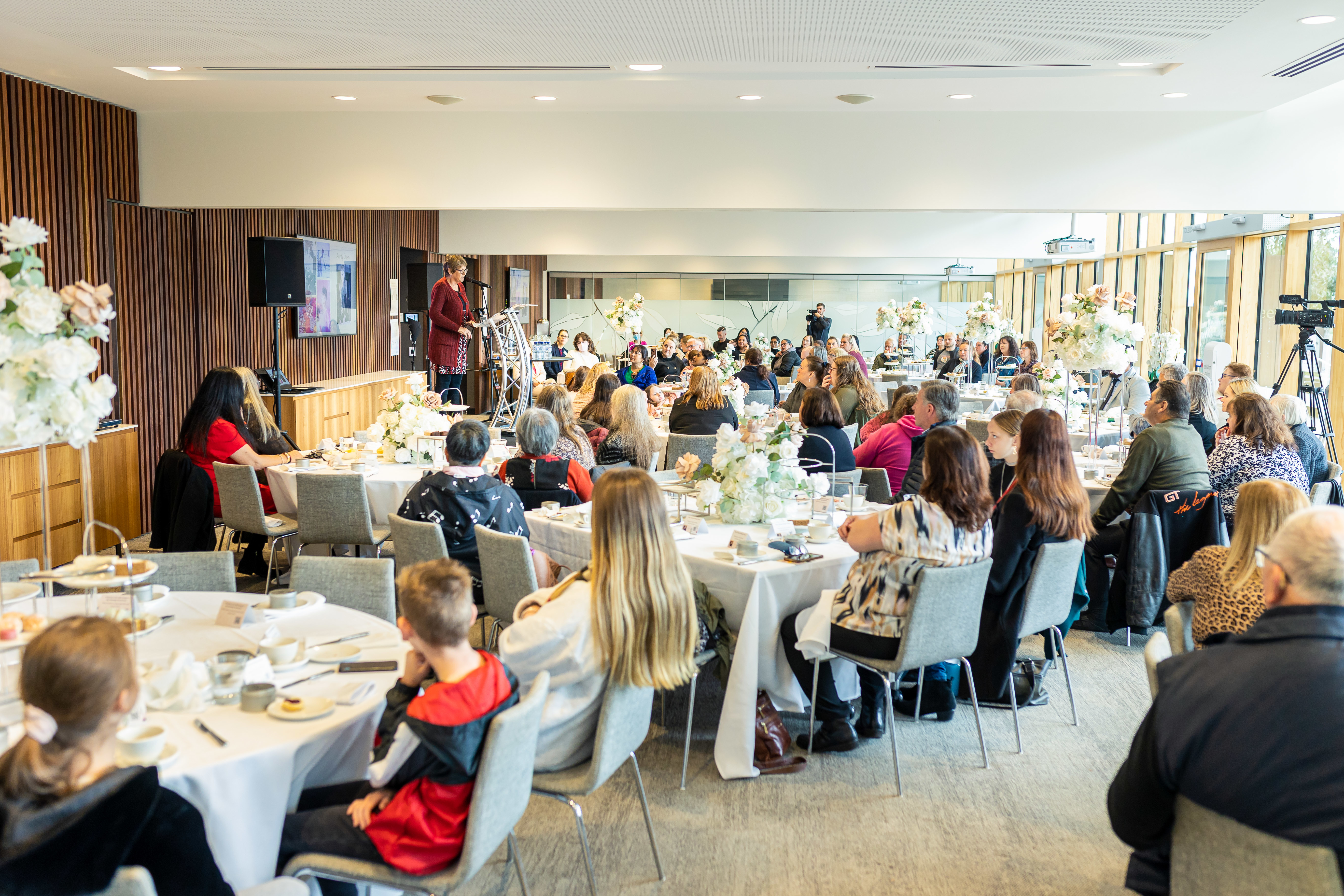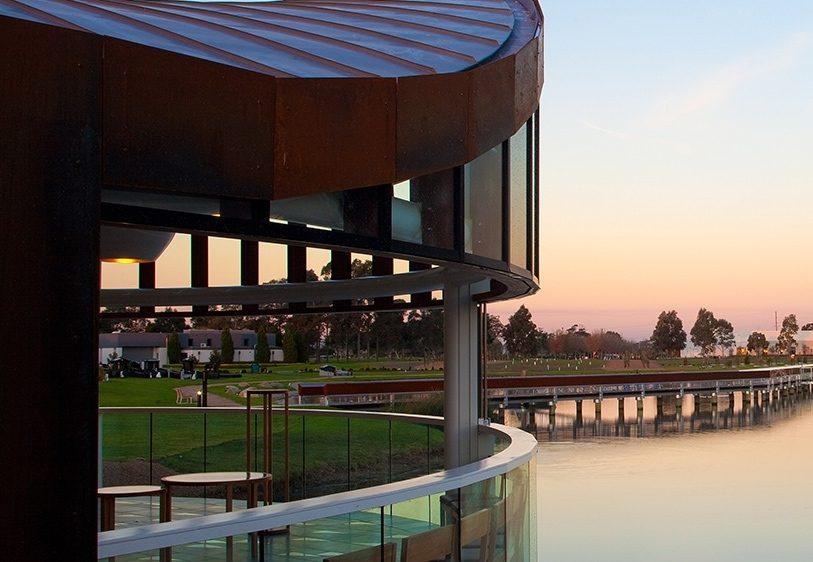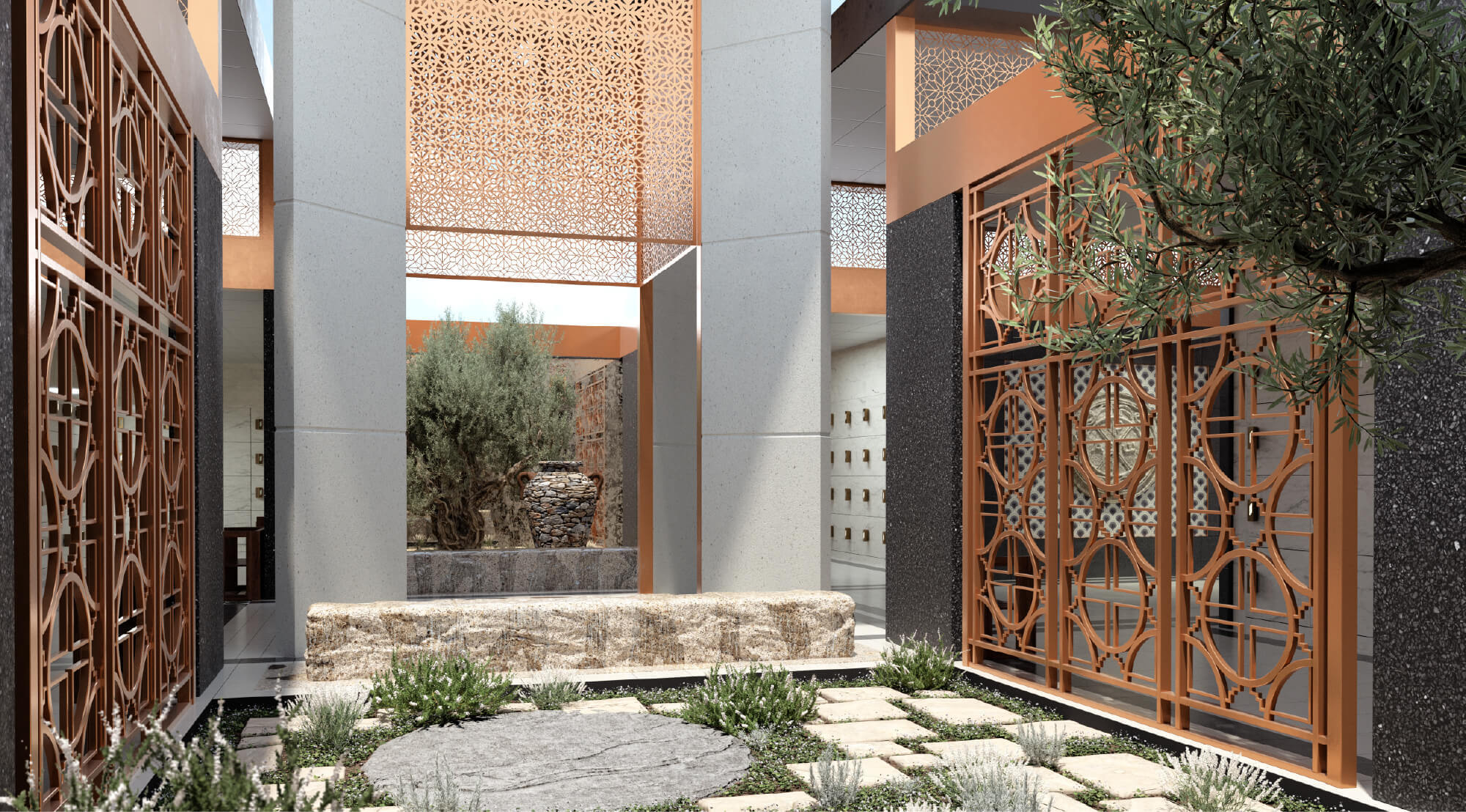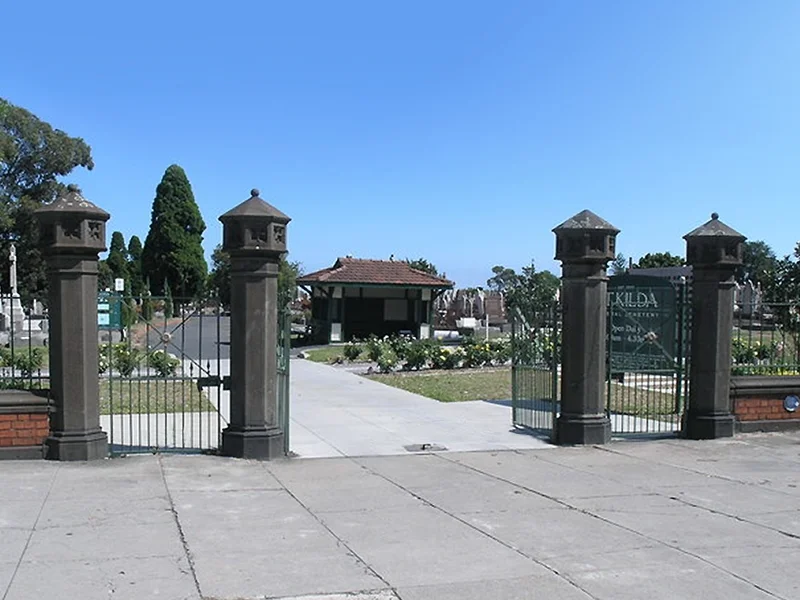Religious and cultural options

We appreciate the need to stay connected to our diverse community to ensure that we continue to provide relevant and culturally sympathetic services. Committed to community engagement, we actively work with our communities to gain an in-depth understanding of their specific needs. Our culturally and linguistically diverse (CALD) communities are heavily involved with each stage of the many community projects undertaken across our sites, upholding important traditions and creating relevant support services and events.
We nurture an internal culture of care and compassion, resulting in dedicated and passionate employees companioning people through their grief journey. We fully appreciate that the smallest of gestures can have a profoundly positive impact on those who are in mourning. To find out more about the dedicated areas within each cemetery, explore our burial options, or contact our customer care team who would be happy to answer your questions.
The following provides a brief outline and background of the communities that we serve.
Aboriginal and Torres Strait Islanders
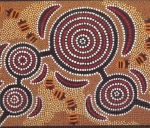
Aboriginal and Torres Strait Islanders acknowledge the Bunarong and Wurundjeri people of the Kulin Nation as the traditional owners of this particular part of Australia.
Baha'i
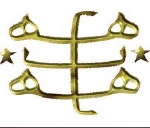
The Baha’i faith was founded by Baha’u’llah (1817-1892). Community life is administered by elected bodies, formed at a municipal level and known as Local Spiritual Assemblies. Baha’i welcomes all faiths to participate.
The Baha’i community contains people of all backgrounds, with its membership reflecting the diversity of the Australian population. Both men and women are encouraged to share in community life and to vote in Baha’i elections and serve as members in Baha’i institutions.
Buddhism
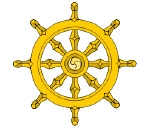
The father of Buddhism, Siddhartha Gautama, the awakened one, taught that all suffering otherwise known as dukkha, derives from some form of desire.
There are several paths of Buddhism, being Zen Buddhism, Theravada or Mahayana and the foundations of Buddhist tradition and practice are the three Jewels, being The Buddha, the Dharma and the Sangha. Buddhists have Four Noble Truths and practice consciously separating from unjust and material things.
Buddhist communities are administered through temples and meditation centres and welcome non-Buddhists.
Christianity
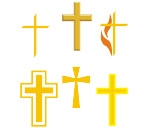
Christianity was founded in the first century in Palestine by the disciples of Jesus. Christianity is the act of following Jesus the Christ, having accepted that He is God's son, who came to earth to pay for sins by dying for us even though he was blameless, then rose from the dead. According to Christian traditions, Christian faith requires a belief in Jesus' resurrection from the dead by God the Father through the Holy Spirit. Christians are people who believe in the one God as revealed in Jesus and the Spirit. The Christian community is called the people of God. The Bible holds all the teachings of Jesus.
We can offer specific and unique burial and cremation memorial options for the four major denominations of the Christian Church:
- Catholic
- Orthodox
- Protestant
- Pentecostal
Hinduism
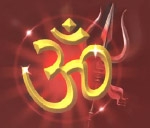
Hinduism caters for all aspects of Vedic Culture. It originated in the prayers and philosophy of Aryans in scriptures called Veda or ‘Truth’. It is a blend of Aryan and indigenous or Dravidian cultures, and the name Hindu is derived from the name of a river in North India, Sindhu and Indus.
Hindu community life has developed into a ‘way of life’. Visits to temples are not obligatory, but visits occur for special occasions, including birthdays. All denominations are welcome to visit Hindu temples. The Hindu faith believes in four stages of life and three paths of salvation.
Islamic
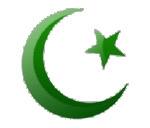
The word Islam means ‘achievement of peace’ with Allah and man. Achievement of peace represents complete resignation to Allah in thoughts, words, beliefs and deeds.
Islam, which began in Mecca, claimed to be the revelation of God (Allah) through the angel Gabriel to a man named Muhammad. Muhammad was born in approximately AD 570-571, born to the powerful tribe of the Quraish. His father's name was Abdullah.
The Quran/Koran (scriptures) represents one God (Allah). There is a day of judgement and a life after death. Pray five times a day. Fight for the sake of Allah, to perform duties of generosity.
Judaism
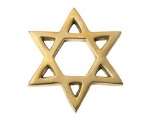
The Jewish community began over 4000 years ago in the Middle East and was founded by Abraham, who was told by God to teach that there is only one God, Yahweh.
The Jewish community is also referred to as Israelites or Hebrews or a branch of the Semitic people. There are several forms of Judaism, being Conservative, Orthodox and Reform. Being ‘Jewish’ is an identifier of both religion and birth.
Sikhism
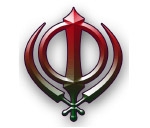
Sikhism is an eastern religion and started around 1500 A.D in the Punjab region of Asia, born from the teachings of Nanak Dev (1469-1532). Nanak is a spirit and the first guru, and there are ten subsequent Gurus. The Guru Granth Sahib is the sacred scripture of the Sikhs.
Guru Nanak’s conception of God is summed up in the Mool Mantra - there is but one god, the eternal truth, the creator, all-pervading divine spirit, without fear, without enmity, immortal, unborn, self-existent, known to us through the grace of the Guru.
